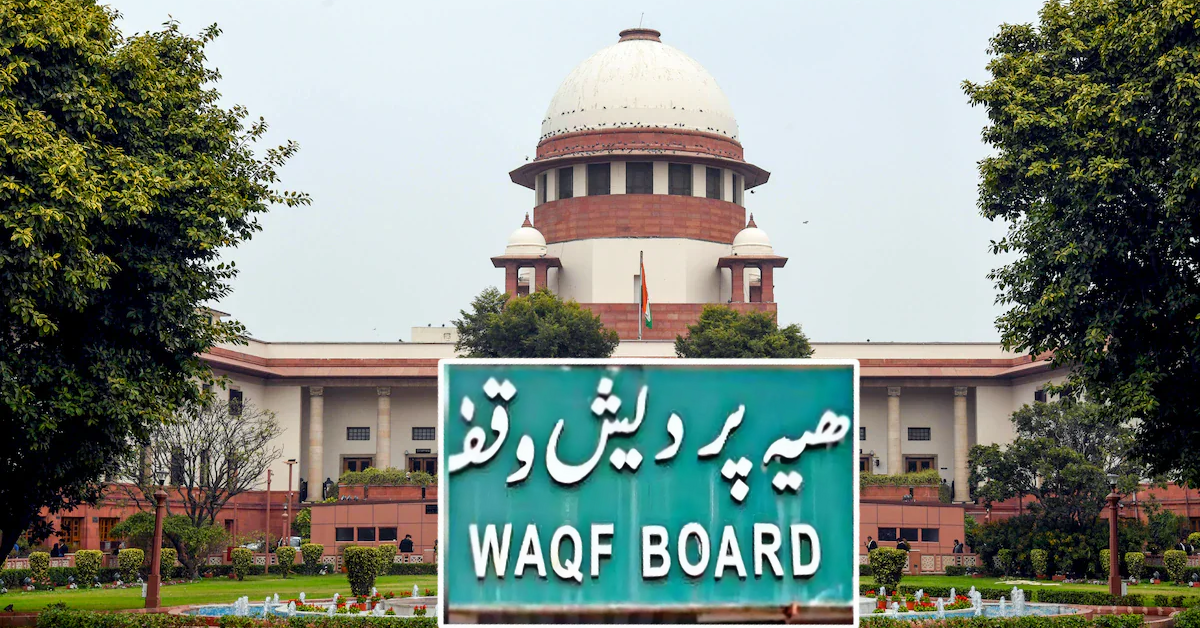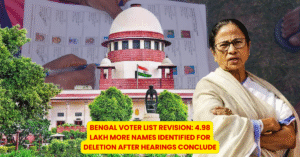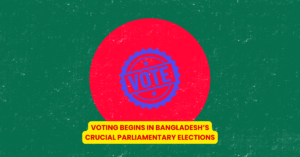New Delhi — The Supreme Court has imposed a partial stay on three controversial provisions of the recently enacted Waqf (Amendment) Act, 2025, following multiple petitions challenging the constitutional validity of the law. The bench observed that the provisions raise serious questions of fundamental rights and need closer judicial examination.
The first provision stayed is the “five-year Islam practice clause”, which required that a person must have practised Islam continuously for at least five years before being permitted to dedicate property as waqf. Petitioners argued this clause was discriminatory and violated the right to equality and religious freedom.
The second stayed provision granted district collectors the final authority to decide whether waqf properties were encroaching on government land. Critics contended that vesting such sweeping powers in the district administration could lead to misuse and undermine the independence of Waqf Boards.
The third key clause put on hold allowed the creation of third-party rights on disputed waqf land even before adjudication by a tribunal. Petitioners highlighted that this provision could lead to irreversible damage to waqf assets and deprive communities of their rights.
While issuing the interim order, the Supreme Court clarified that the rest of the amended Act remains in operation. The bench noted that the intent of regulating and modernising waqf administration cannot come at the cost of fundamental rights and due process.
The Union government has been directed to respond to the petitions, and the matter will now be taken up for detailed hearings in the coming weeks.
The ruling has been welcomed by petitioners and several minority organisations, who described it as a vital safeguard against “arbitrary provisions” in the law. At the same time, the government maintained that the amendments were necessary to ensure transparency, prevent encroachments, and streamline waqf property management.
This development sets the stage for a significant legal battle, as the court will have to balance administrative reforms with constitutional protections for religious and minority rights.






